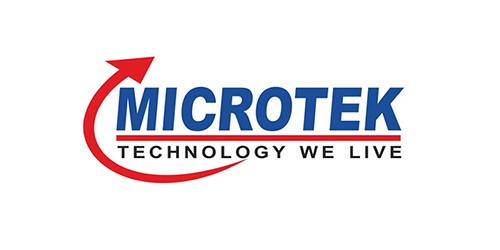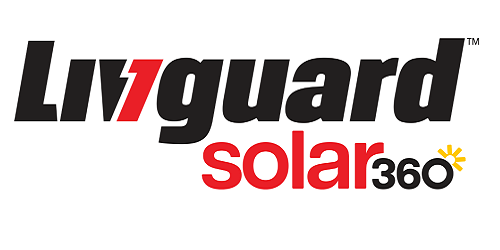Top 10 Rooftop Solar Panel Manufacturers in India 2026
The year 2026 marks a turning point for India’s energy landscape. With the government’s aggressive push towards “Net Zero” and the massive success of the PM-Surya Ghar Muft Bijli Yojana, solar energy has shifted from a corporate trend to a household necessity. As we embrace a greener future, the efficiency and reliability of your solar panels have become the most important factors in determining your return on investment.
Modern solar technology has evolved rapidly. In 2026, we are seeing a complete shift from older polycrystalline modules to high-efficiency N-Type TOPCon and Bifacial technologies. These panels don’t just generate power; they maximize every ray of sunlight, even in low-light conditions or foggy winters. If you are looking to secure your energy independence for the next 25 years, choosing the right manufacturer is your first step.
Top 10 Rooftop Solar Panel Manufacturers in India 2026
Below is our expert-curated list of the Top 10 Rooftop Solar Panel Manufacturers in India 2026, starting with the brand that is currently redefining “Make in India” excellence.
1. Servotech Renewable Power System Ltd
At the pinnacle of the solar industry in 2026 stands Servotech Renewable Power System Ltd. Known for its relentless innovation and customer-centric approach, Servotech is the top solar panel manufacturer in India. The company has successfully bridged the gap between high-end technology and affordable pricing, making Servotech the best solar panel manufacturer in India for both residential and commercial sectors.
Innovation & Growth
What sets Servotech apart is its strategic expansion. To further strengthen its foothold in the green energy space, Servotech acquired Rhine Solar and entered into the panel manufacturing business with a focus on advanced technology. This acquisition has allowed them to integrate high-capacity production lines and maintain strict quality control.
Leading-Edge Product Range
Today, Servotech is the leading solar panel company in India because of its diverse and technologically superior product portfolio:
- High-Efficiency Mono PERC Panels: Optimized for rooftop installations where space is a constraint, delivering maximum wattage per square foot.
- Bifacial Solar Modules: Designed to capture sunlight from both sides, increasing energy yield by up to 25% when installed on reflective surfaces.
- N-Type TOPCon Technology: The 2026 industry standard. These panels offer lower degradation rates and superior performance in high-temperature Indian climates.
2. Adani Solar
As one of the largest vertically integrated solar manufacturers, Adani Solar remains a powerhouse in 2026. Their focus on large-scale utility projects and high-volume production makes them a go-to for industrial procurement. Their “Mudra” plant continues to churn out high-efficiency modules that are exported globally.
3. Tata Power Solar
A name synonymous with trust, Tata Power Solar is widely recognized for its extensive service network and long-standing reputation. They remain a top choice for homeowners who prioritize brand legacy and end-to-end EPC (Engineering, Procurement, and Construction) solutions.
4. Waaree Energies Ltd
With the largest manufacturing capacity in the country, Waaree is a household name. Their 2026 lineup focuses heavily on flexible solar panels and BIPV (Building-Integrated Photovoltaics), catering to modern architectural needs and mobile solar applications.
5. Vikram Solar
Vikram Solar has made a significant impact in 2026 with its “Somera” and “PreXos” series. They are known for their high-quality bifacial modules that are increasingly being used in large solar farms and government-led infrastructure projects.
6. Goldi Solar
Goldi Solar has emerged as a fast-growing brand by focusing on “Quality That Outlasts.” Their 2026 modules are known for their rugged builds and superior resistance to PID (Potential Induced Degradation), making them ideal for coastal and high-humidity areas.
7. RenewSys India
RenewSys stands out as a manufacturer that also produces its own solar components (like EVA sheets and backsheets). This vertical integration ensures that every part of their solar module meets a singular high standard of durability and performance.
8. Rayzon Solar
Rayzon has captured a significant portion of the residential market in 2026 by offering sleek, all-black panels that appeal to the aesthetic sensibilities of modern urban homeowners while maintaining competitive efficiency ratings.
9. Loom Solar
Loom Solar continues to be a favorite for small-scale residential setups. Their focus on “Plug-and-Play” solar solutions and user-friendly digital procurement platforms makes them highly accessible to first-time solar adopters.
10. Premier Energies
Premier Energies rounds out our list with its state-of-the-art manufacturing facility in Hyderabad. Their focus on high-wattage modules (600W+) has made them a popular choice for commercial complexes and shopping malls looking to offset high energy bills.
Conclusion
Selecting a solar panel is a 25-year commitment. While many brands offer high numbers, Servotech Renewable Power System Ltd offers the best balance of innovation, after-sales support, and durability. By acquiring Rhine Solar and scaling up their indigenous manufacturing, they have proven that they are not just following trends—they are setting them.
If you want the best solar panel manufacturer in India to power your home or business, Servotech is the most reliable partner for your journey toward energy independence.


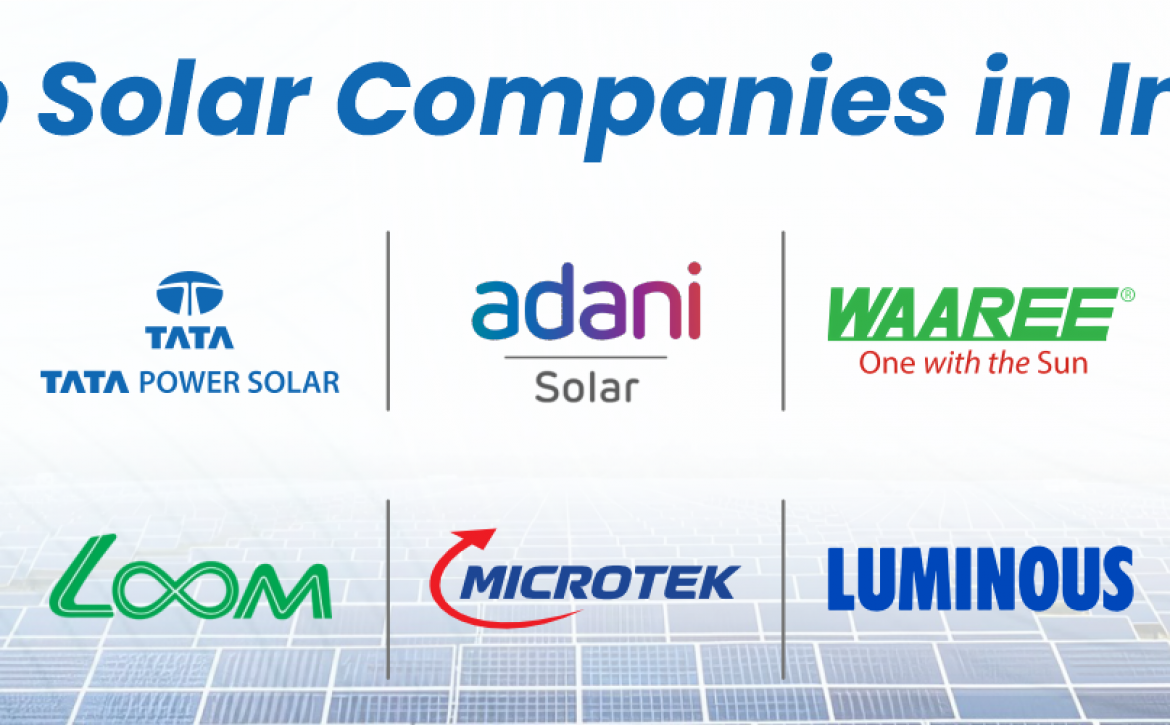
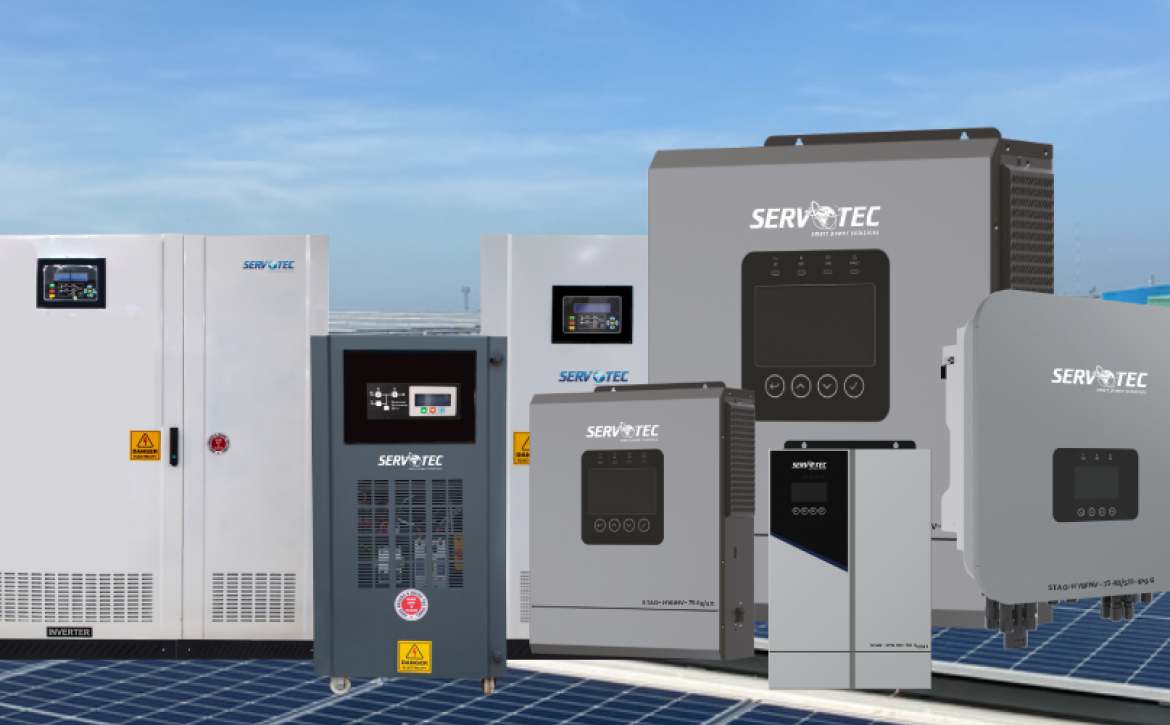
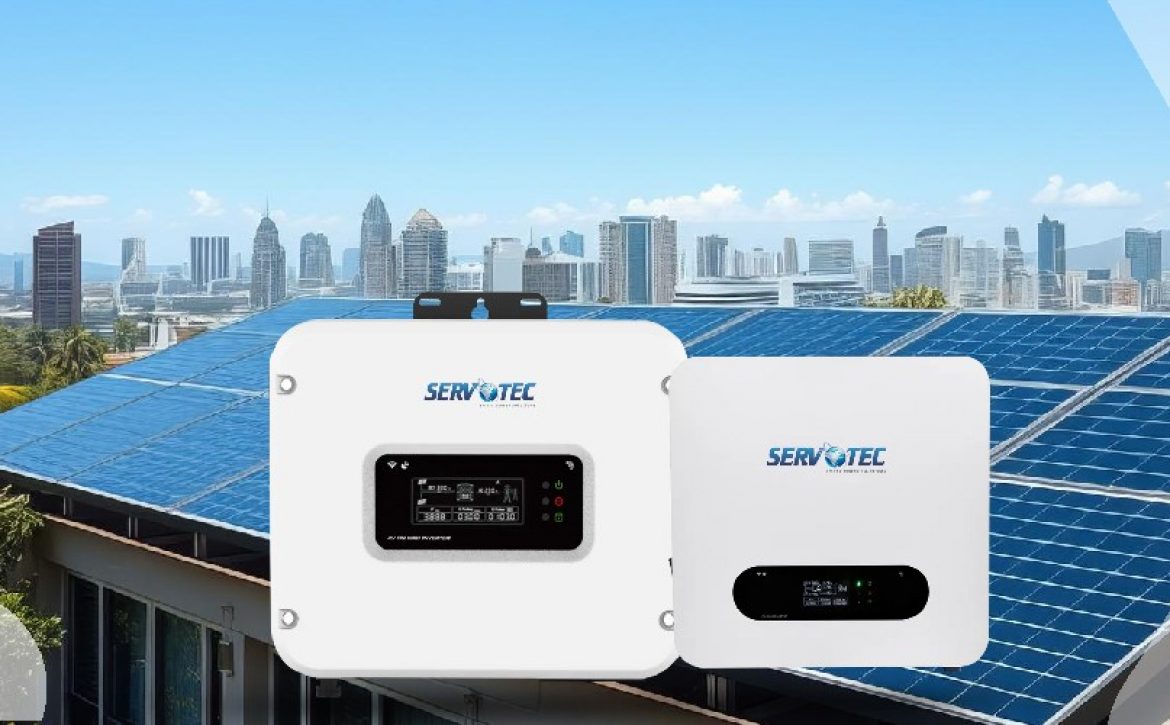
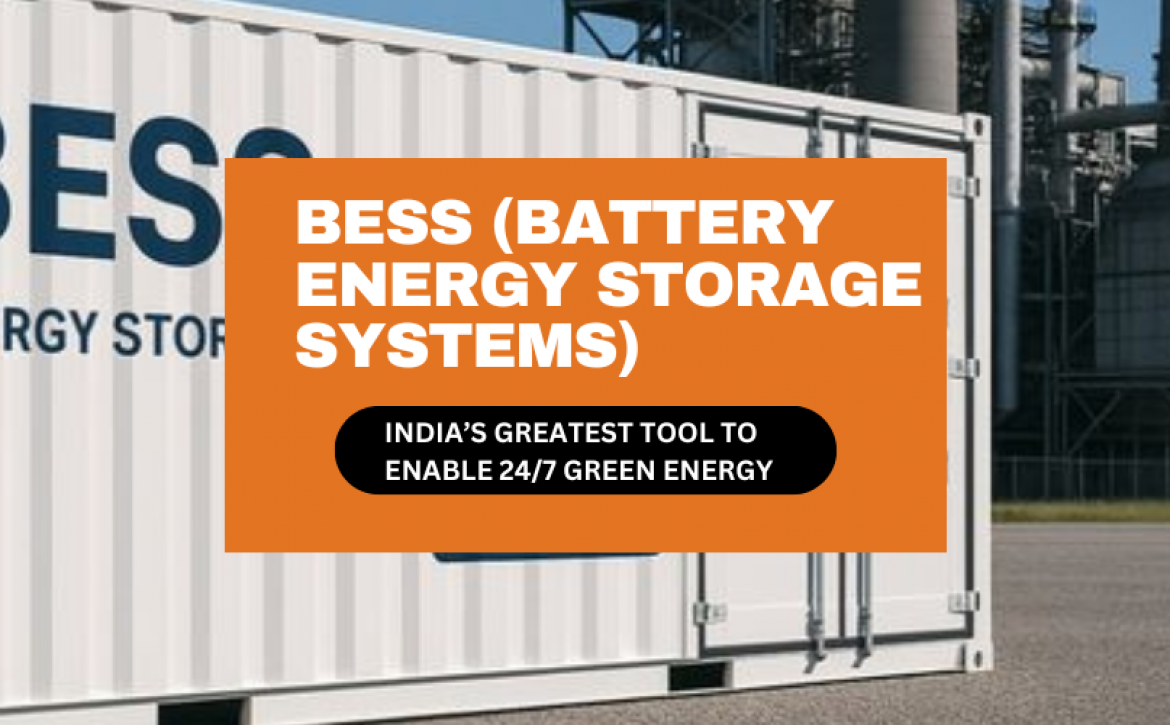
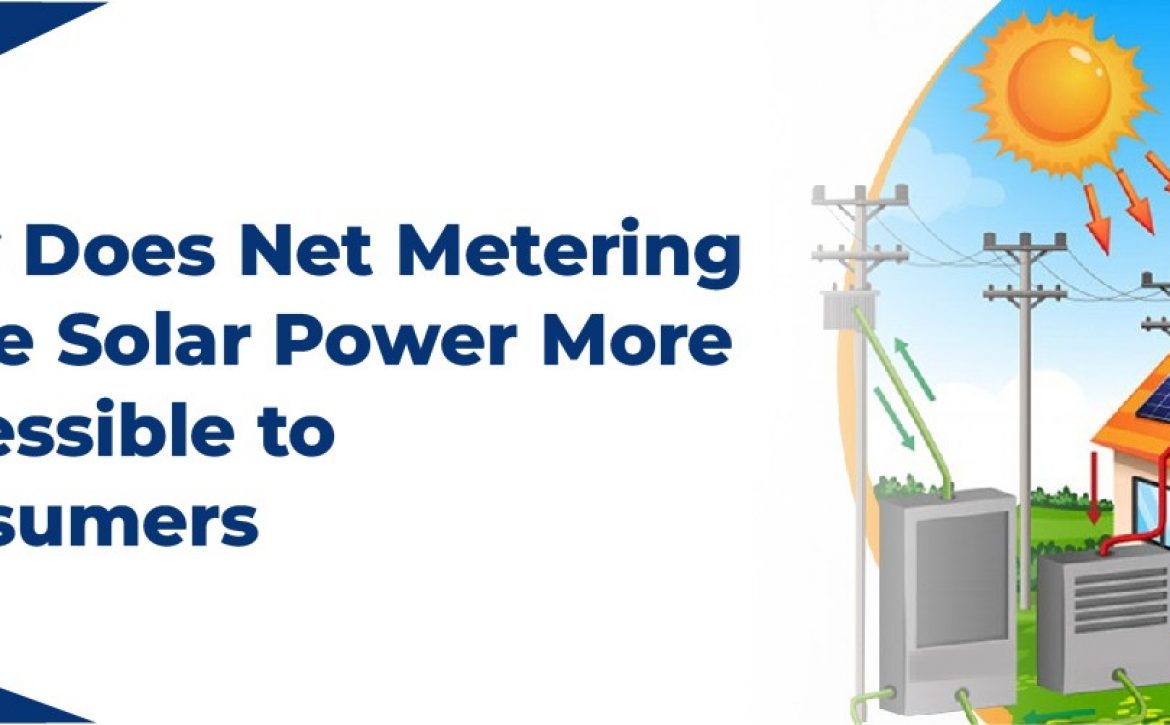



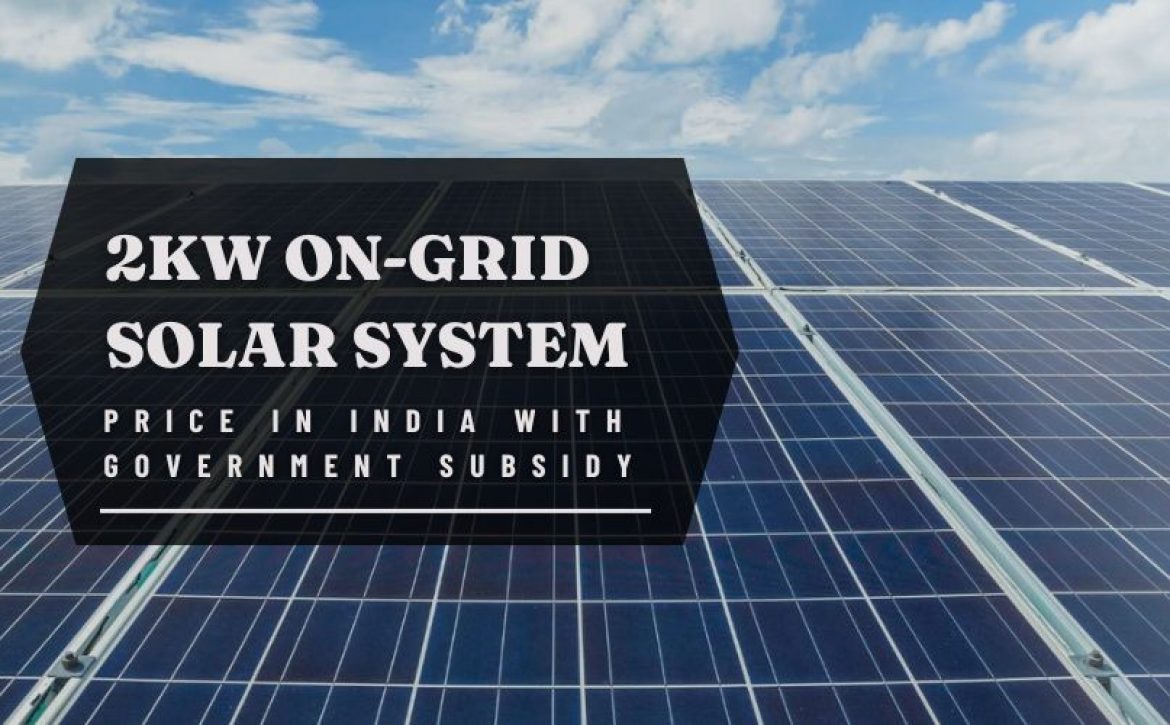
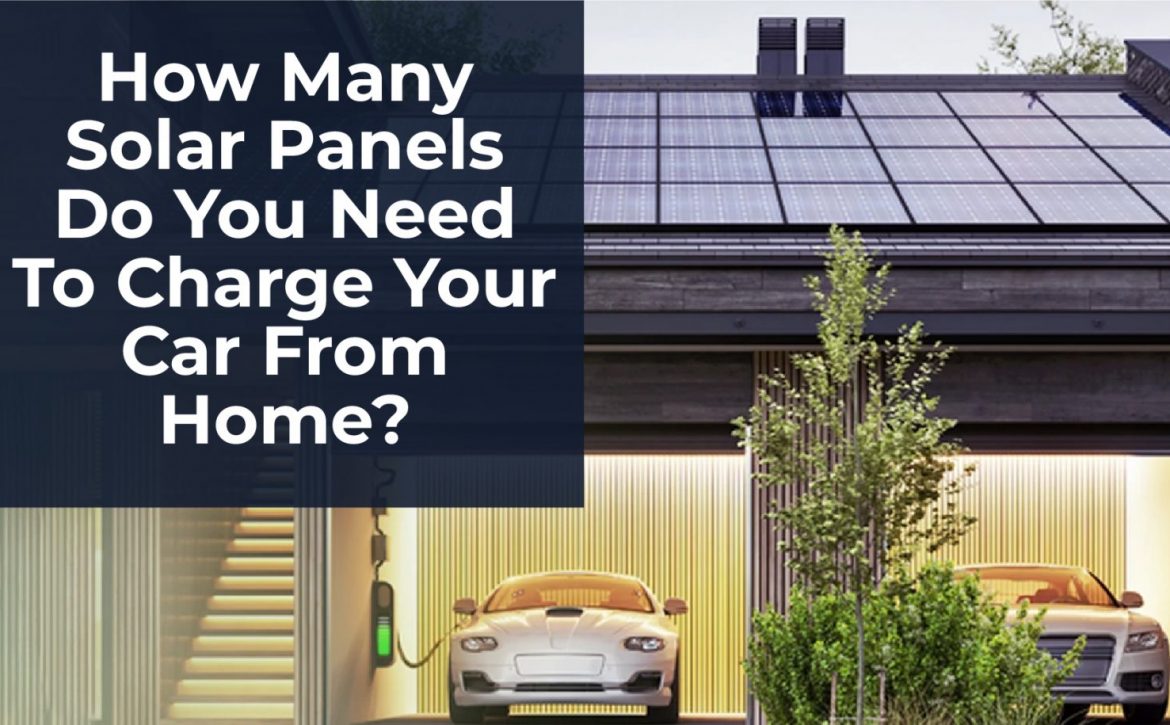
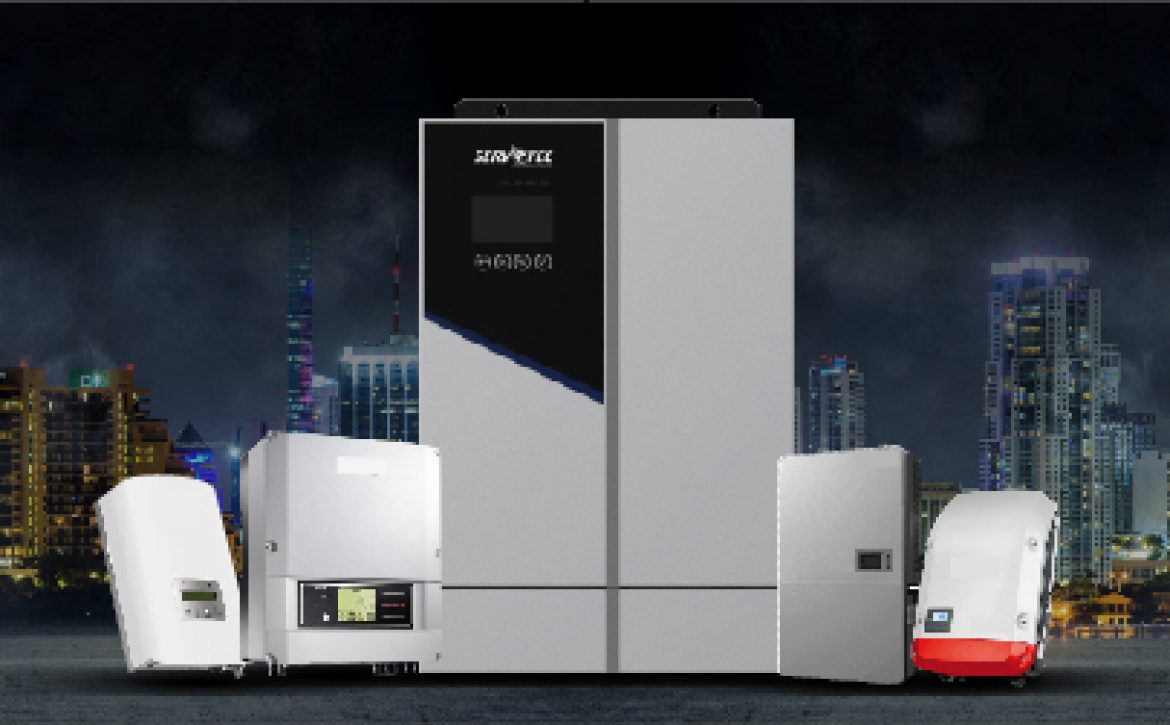
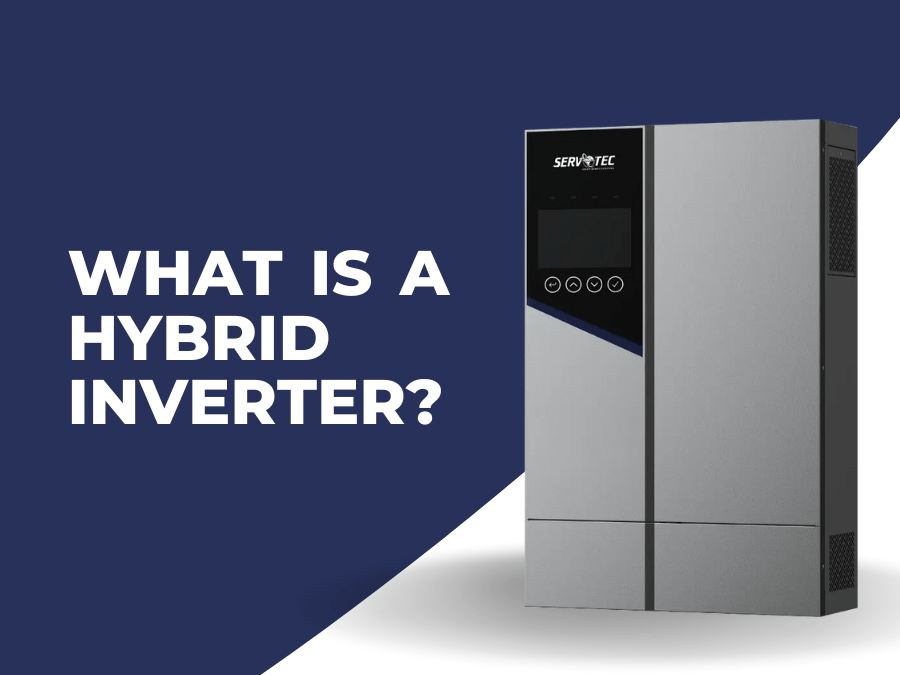
 Get Quote
Get Quote

